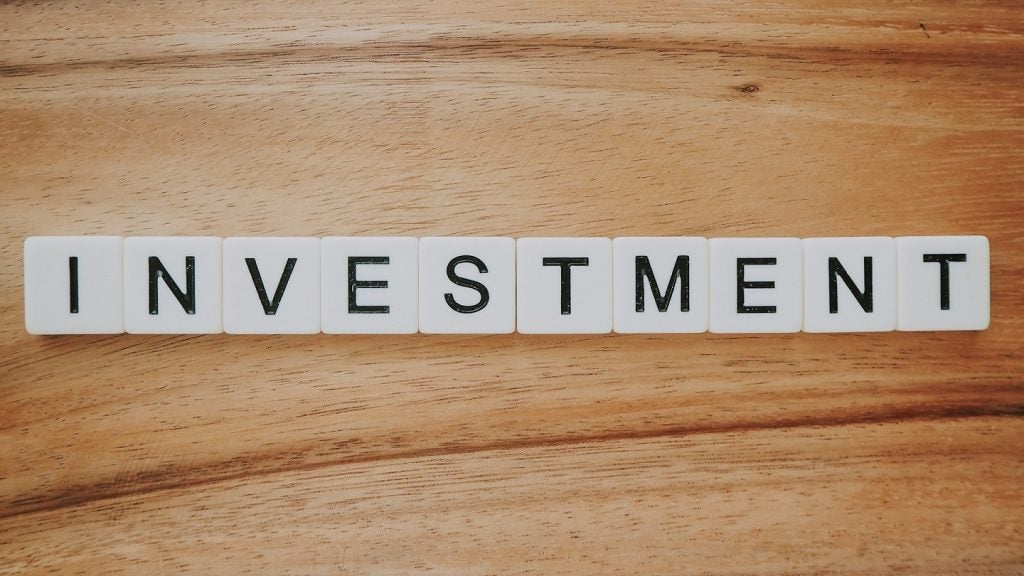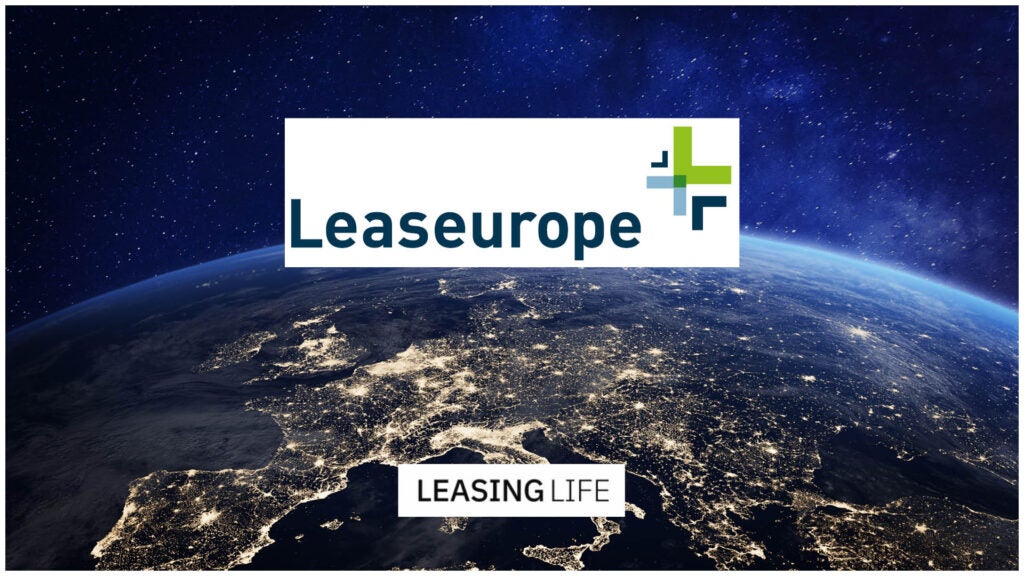Government changes spark
finance potential in rail, energy and waste sectors.
Lessors have been presented with a
raft of new opportunities across waste management, renewable energy
and rolling stock within the infrastructure finance market as
European governments seek to meet green targets and expand
transport networks.
The new UK government has pledged to increase
the use of renewable energy and will “promote a huge increase in
energy from waste through anaerobic digestion [AD]”, the financing
of which could include leasing.
Companies such as Kent-based Compass Business
Finance are already offering asset finance for various elements of
the AD plant, although the industry is still nascent in the UK.
In Germany, however, about 4,500 AD plants are
in operation, meaning financing opportunities are rife – and the
same can be said for a number of other countries in Europe.
How well do you really know your competitors?
Access the most comprehensive Company Profiles on the market, powered by GlobalData. Save hours of research. Gain competitive edge.

Thank you!
Your download email will arrive shortly
Not ready to buy yet? Download a free sample
We are confident about the unique quality of our Company Profiles. However, we want you to make the most beneficial decision for your business, so we offer a free sample that you can download by submitting the below form
By GlobalData
‘Feed-in tariff’
Another factor affecting the renewable energy
finance segment in the UK is the newly introduced “feed-in tariff”
(FiT), brought in during April this year, which is a guaranteed
renewable energy subsidy for owners of renewable energy
installations.
Already law in Germany under the Renewable
Energy Sources Act 2000, the tariff offers a fixed payment per
kilowatt hour (kWh) of renewable energy generated, varying across
technologies, and there is also a guaranteed floor price per kWh of
energy exported to the grid.
Under FiTs, UK electricity suppliers will be
obligated to buy energy from renewable generators at above-average
prices, with the extra cost spread over each consumer’s energy
bill.
Governments are also committed to building up
high speed rail networks. As a result, several new players have
entered the market (see page 6).
In addition, the UK government pledged to
encourage the use of electric vehicles with the introduction of a
national recharging network for both electric and plug-in hybrid
vehicles.
Dilek Mackenzie, director of newly-formed Deem
Solutions, said: “The overall vision set by the government for the
transport sector suggests that electric drive and
alternatively-fuelled vehicles for private and public use will
increase, resulting in new funding opportunities.”
Leasing associations, however, last month
called for local and central governments to give greater
consideration to leasing because of the opportunities it presents
for saving money.
Many of the new opportunities involve
large-scale projects that are likely to be attractive to the
growing number of bank-owned lessors, such as Lombard and Barclays
Asset & Sales Finance.
Smaller players are also rising to the
challenge, with news last month that Close Leasing, an arm of Close
Asset Finance, had recently entered the rail finance syndication
market following the exit of National Australia Bank from the
sector.
In the renewable energy finance market, some
countries are further ahead than others.
Bruce Nelson, director of Compass, which has a
dedicated renewables finance arm, said: “In Germany, they’re far
ahead of us with AD technology, and in Sweden, Denmark, and right
down through Italy, there’s great interest in AD. Wind power,
depending on planning and availability of natural resources, is
also quite prolific throughout Europe.”
But where financing wind turbines is concerned,
asset finance opportunities are more limited because of the higher
cost, according to Nelson.
“Asset finance can come into play to a degree,
but it’s more limited – it’s normally some form of project finance
or secured funding through banks,” he said.
‘Zero-waste’ economy
Richard Price, founder of New Century Finance
(NCF), believes it may be possible to combine waste management with
energy production, in line with the coalition government’s target
of a “zero-waste economy”.
He said: “NCF has put together a consortium of
people and companies to be able to offer 100% funded turnkey
operated waste to energy plants. Legislation right across Europe is
bringing to an end the use of landfill sites for the dumping of all
types of waste.
“The cost is becoming prohibitive in most
countries and in others, like Germany and Spain, very little is
permitted to be land filled whatever the cost.”
Mass burn incinerators, he added, are unpopular
because of environmental issues, and therefore as much waste as
possible must be recycled, and, if possible, turned into
energy.
Price said: “NCF has brought together two
proven technologies to achieve this. The first is a material
handling technology which mechanically sorts the glass, ferrous
metals, aluminium, textiles, rigid plastic and plastic film for
recycling.
“The second is an energy recoverable
technology which takes all of the organic and paper fractions from
the material separation unit and converts it into renewable thermal
energy which can be sold to the grid.”







